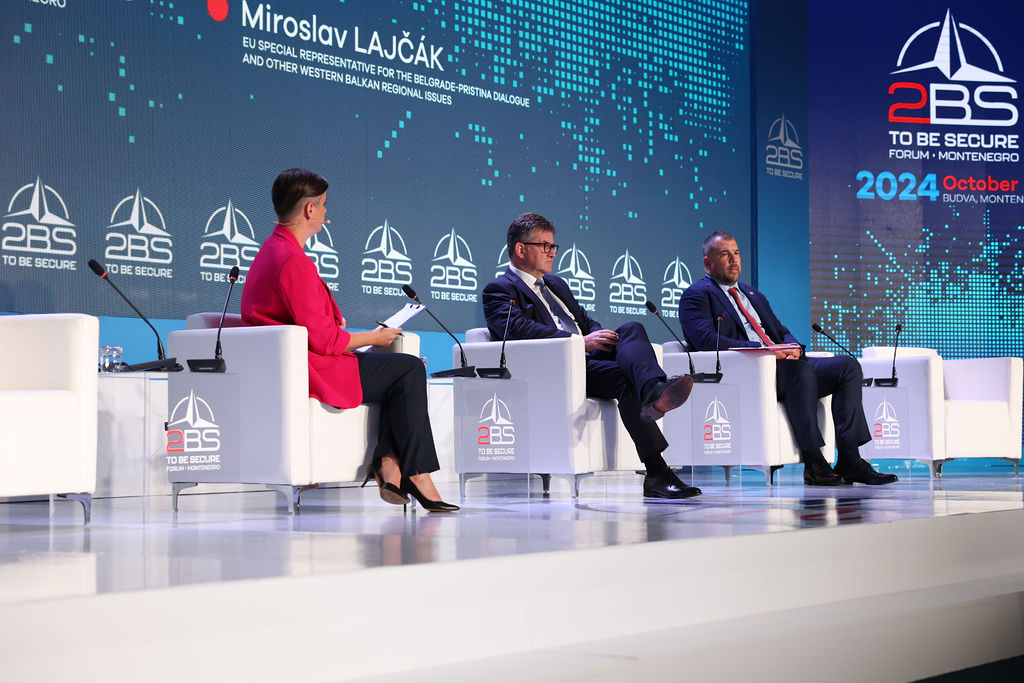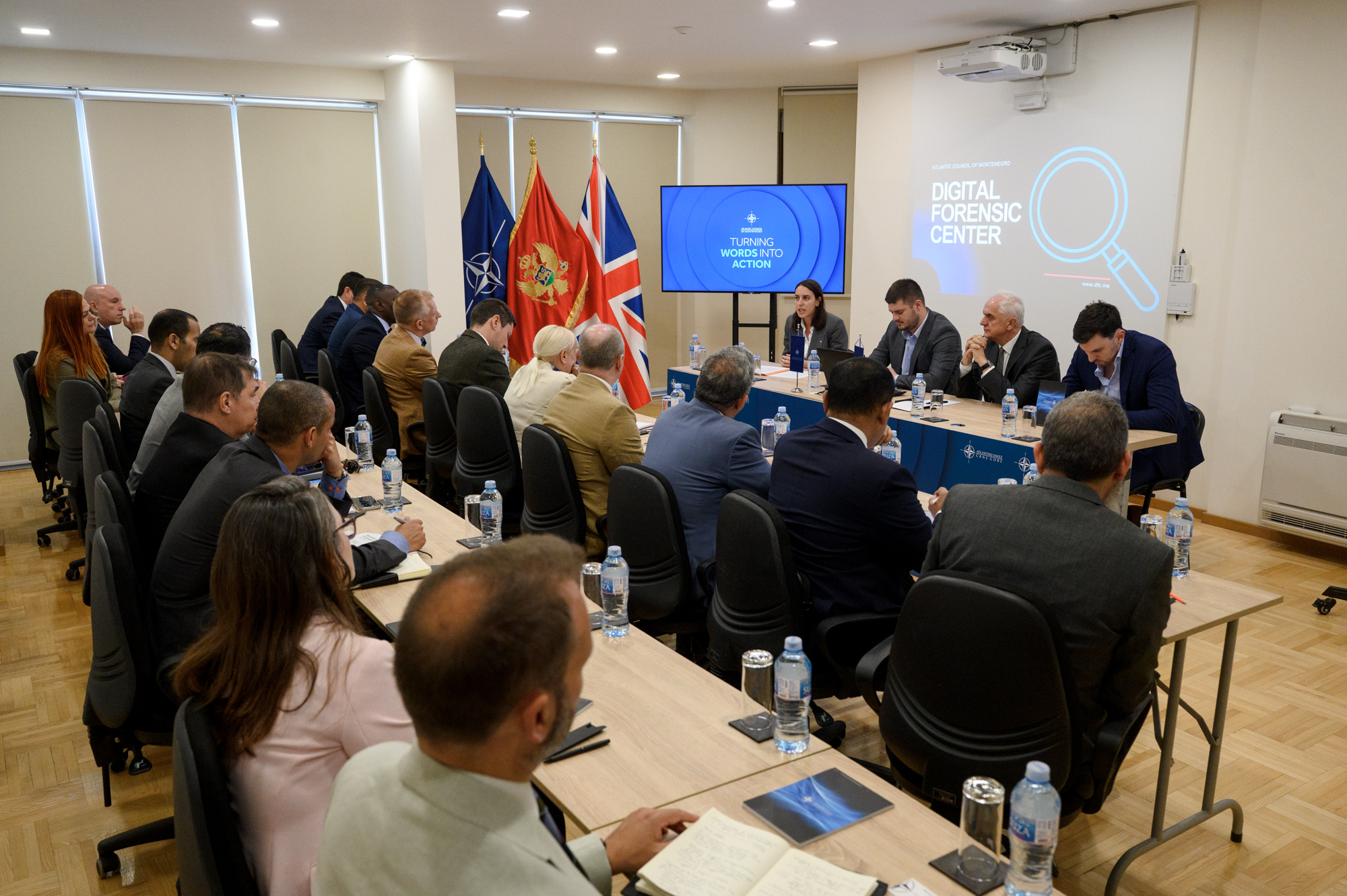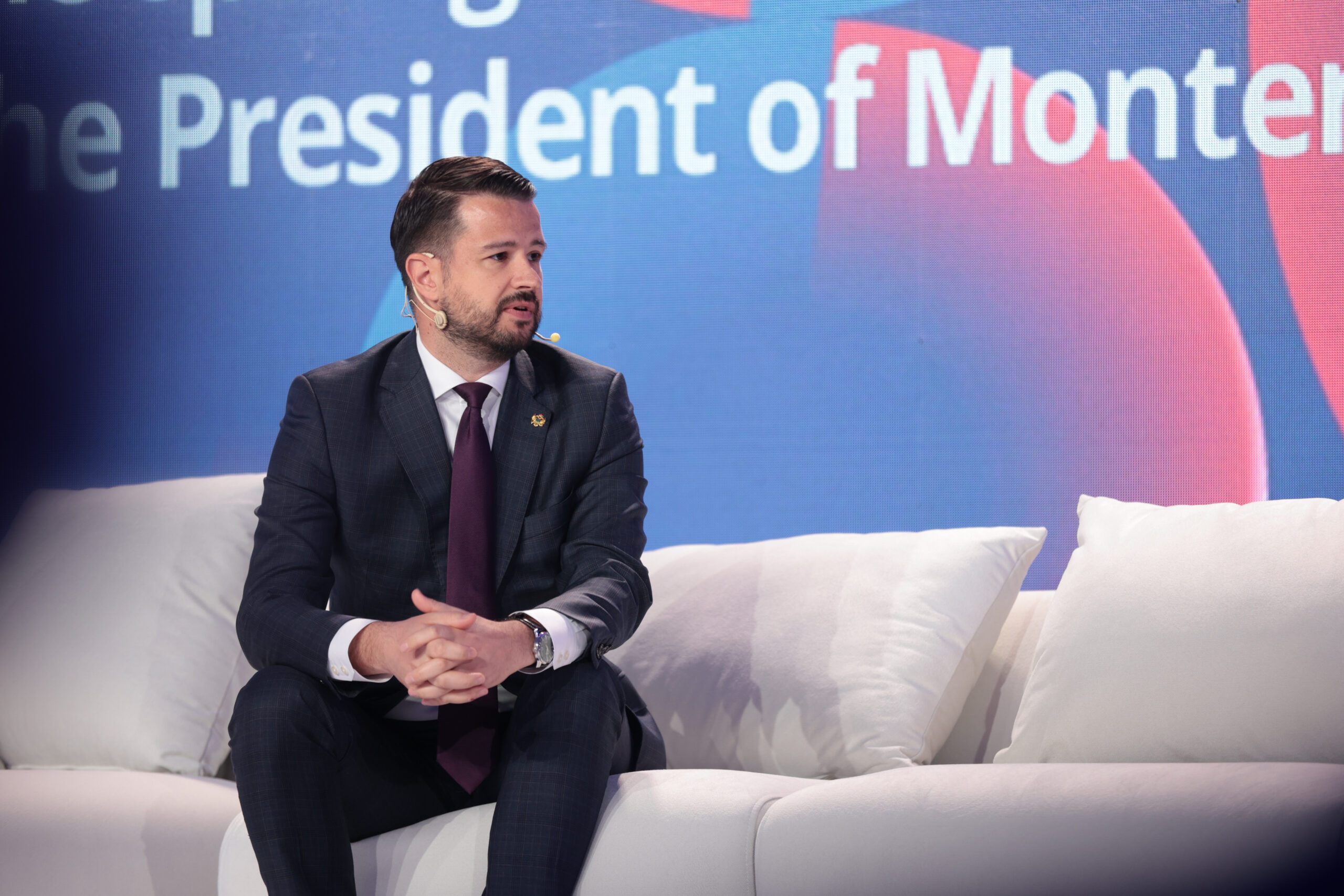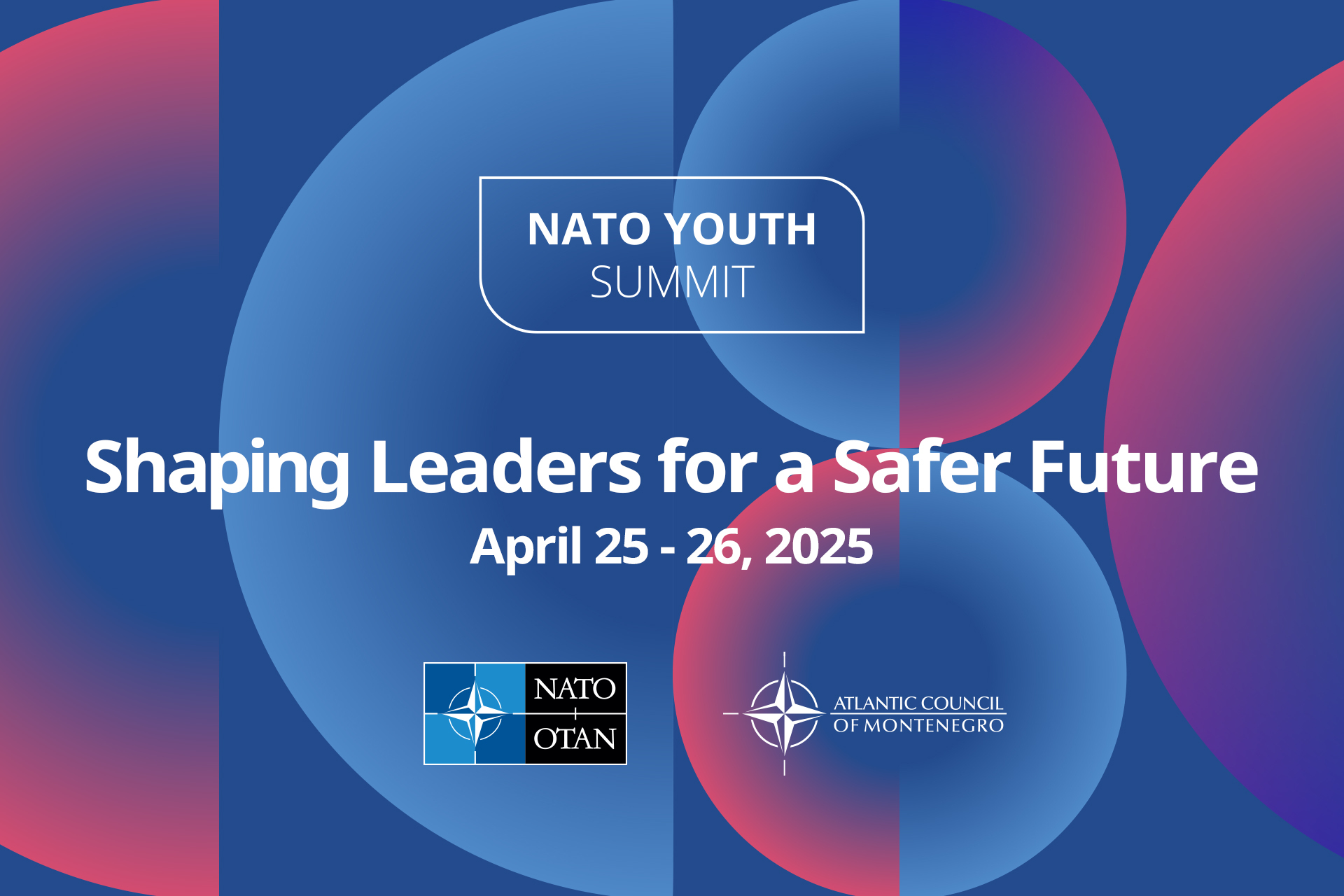The unsurpassed legacy of Yugoslavia remains the biggest challenge for Western Balkan countries, but the region faces a historic opportunity that should be seized. This message was conveyed at the panel Priorities and Challenges for the Western Balkans at the 2BS Forum in Budva, emphasizing that the EU accession process cannot be completed on autopilot; it requires results.
Miroslav Lajčak, the EU Special Representative for the Western Balkans, assessed that the current situation in the Balkans is unprecedented in the last 15 years, with noticeable movement and progress. He believes Montenegro has the best chances of joining the EU. However, he noted that the biggest challenge is that the region has not yet overcome Yugoslavia’s legacy.
“There is still too much focus on the past in present-day life, and too many politicians are building their careers on interpreting the past rather than preparing for the future. There is no sense of reconciliation and justice, and I also believe there are too many ethnic and religious elements hindering progress,” said Lajčak.
When asked if there is a discrepancy between political views and reality in the Balkans, Lajčak stated that such a discrepancy has existed in recent years.
“The EU has stated that it is committed to the region, but this has not been felt in European capitals. Therefore, it is now necessary to convince the region that this time it is real and that it is a genuine perspective. We are also interested in how the Balkan countries will seize this moment. Montenegro is in the best position, but this process will not happen on autopilot; it requires results”, said Lajčak.
Speaking about the situation in Bosnia and Herzegovina, Lajčak said, “We have a new situation—momentum for the Western Balkans.”
“This is an opportunity for all politicians who declaratively speak about commitment to demonstrate it in practice. This process transforms society, and Bosnia and Herzegovina is invited to begin accession negotiations, which is a significant step by the EU. However, there need to be concrete steps from BiH as well. There are several challenges, and Milorad Dodik is one of them, but not the only one. A key issue is how to modernize the Constitution, as it is not compatible with European processes. This should be a key priority, and constitutional amendments should be made to facilitate progress,” Lajčak assessed.
Montenegro’s Minister of Defense, Dragan Krapović, speaking about the priorities of his government, stated that full membership in the EU is the foremost priority.
“Obtaining a positive IBAR has given us momentum to continue with the task that will result in closing at least four negotiation chapters by the end of the year. The second priority is credible membership in NATO, which we have confirmed by increasing defense spending, demonstrating that we carry our share of the burden within the Alliance. If you don’t carry your share of the burden, it means someone else has to. The third priority is good neighborly relations,” Krapović said.
Speaking about threats to Montenegro’s efforts, Krapović cited political and institutional instability, which they have witnessed in recent years due to facing the challenges of democracy and political pluralism. He also pointed out the danger of third-party influence, primarily from Russia, and the pursuit of its interests in the Balkans, as well as the reflections of the war in Ukraine. Krapović urged the EU and NATO to remain focused on the Balkans and to keep the region high on their agenda. “If we leave a vacuum, we will open the space for third parties,” he warned.
When asked about the adoption of the resolution on Jasenovac, which complicated relations with Croatia, Krapović stated that “everything the government does and the decisions it makes are aimed at reconciliation within society.”
“I believe that on our EU path and in our approach regarding the acceptance of the dark pages of history, no decision was made with the intention of harming anyone, especially not Croatia as one of our closest allies. The goal was solely an expression of democratic maturity and readiness to give each of the dark pages an adequate character and framework. This is, in part, principled behavior, to call every crime and genocide by its proper name,” said Krapović.
The Minister of Defense stated that they are not at all interested in what anyone in Serbia or any other country thinks about it.
“We make decisions independently, and this is a decision of the Montenegrin Parliament. Croatian Prime Minister Andrej Plenković has the right to his perception of that decision, but it is not directed against Croatia; it is about principled behavior,” added Krapović.
When asked whether the participation of pro-Russian forces in the government affects the credible fulfillment of obligations within the Alliance, Krapović stated that Montenegro is fully committed to fulfilling its obligations arising from NATO membership, as well as those concerning the country’s reputation in the collective defense system.
“NATO does not operate in such a way that non-fulfillment of obligations would logically carry certain sanctions; however, this is not the case within NATO. Nonetheless, credibility is important,” Krapović emphasized.









